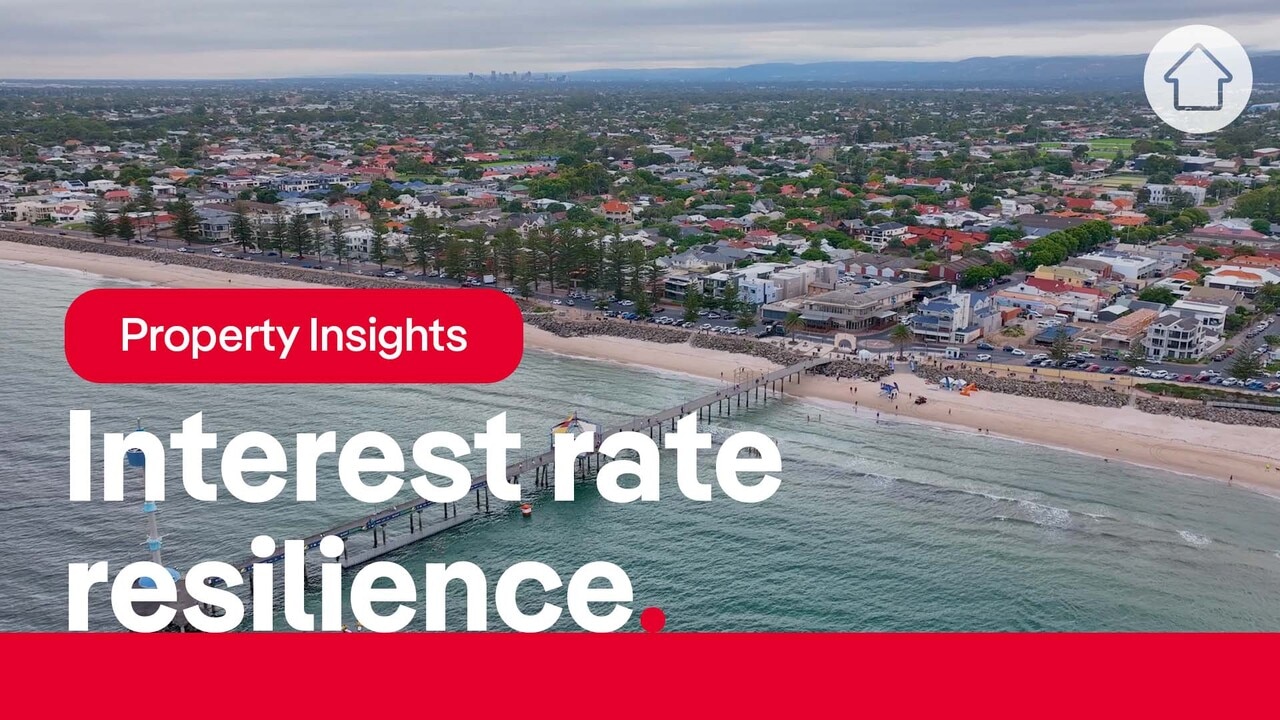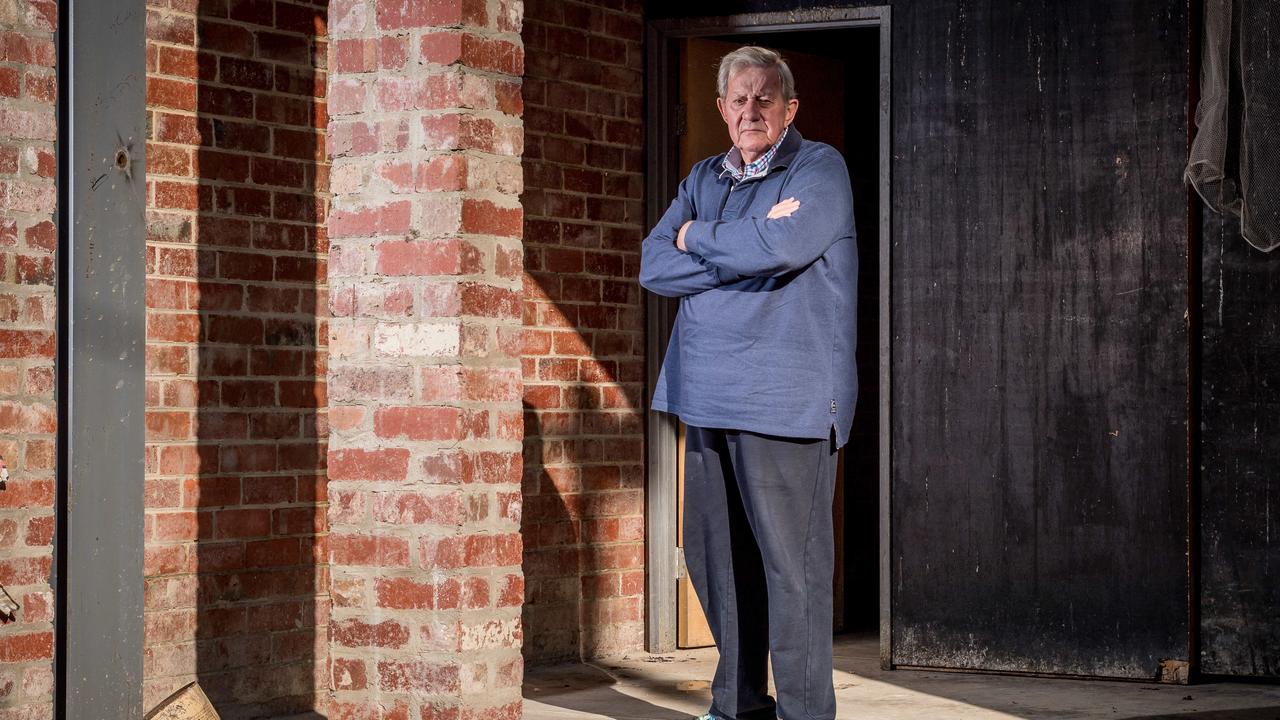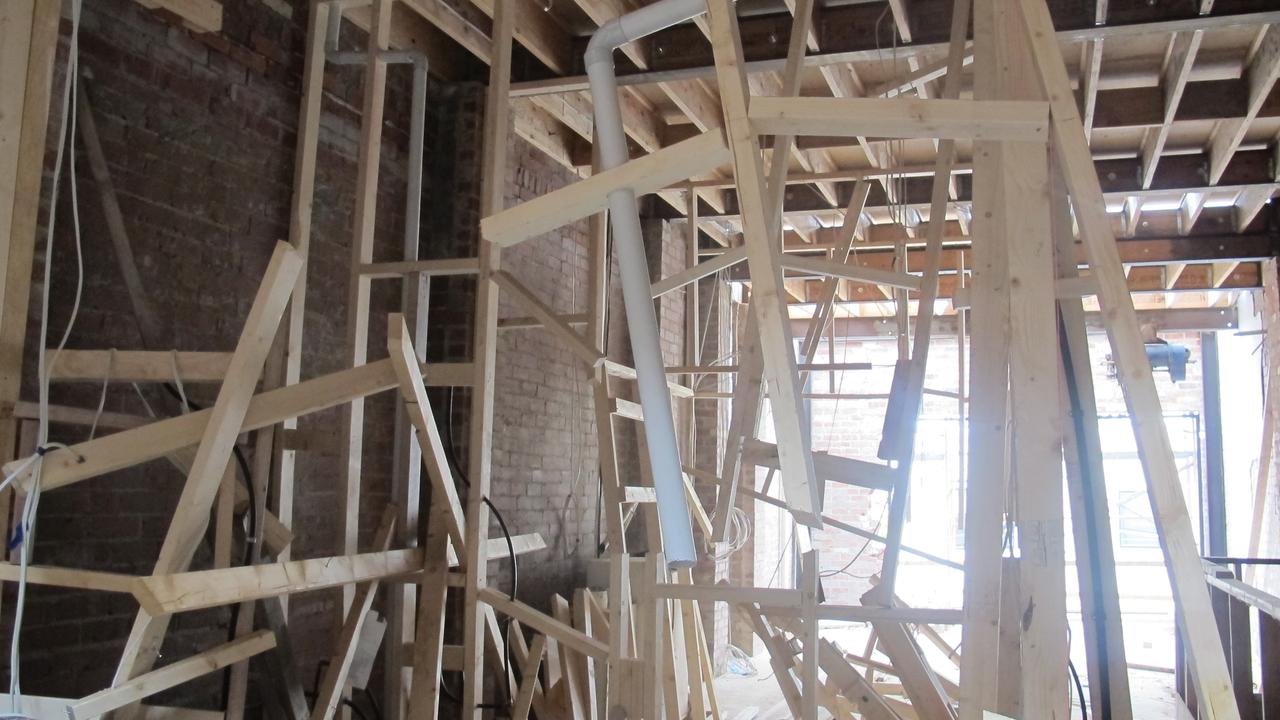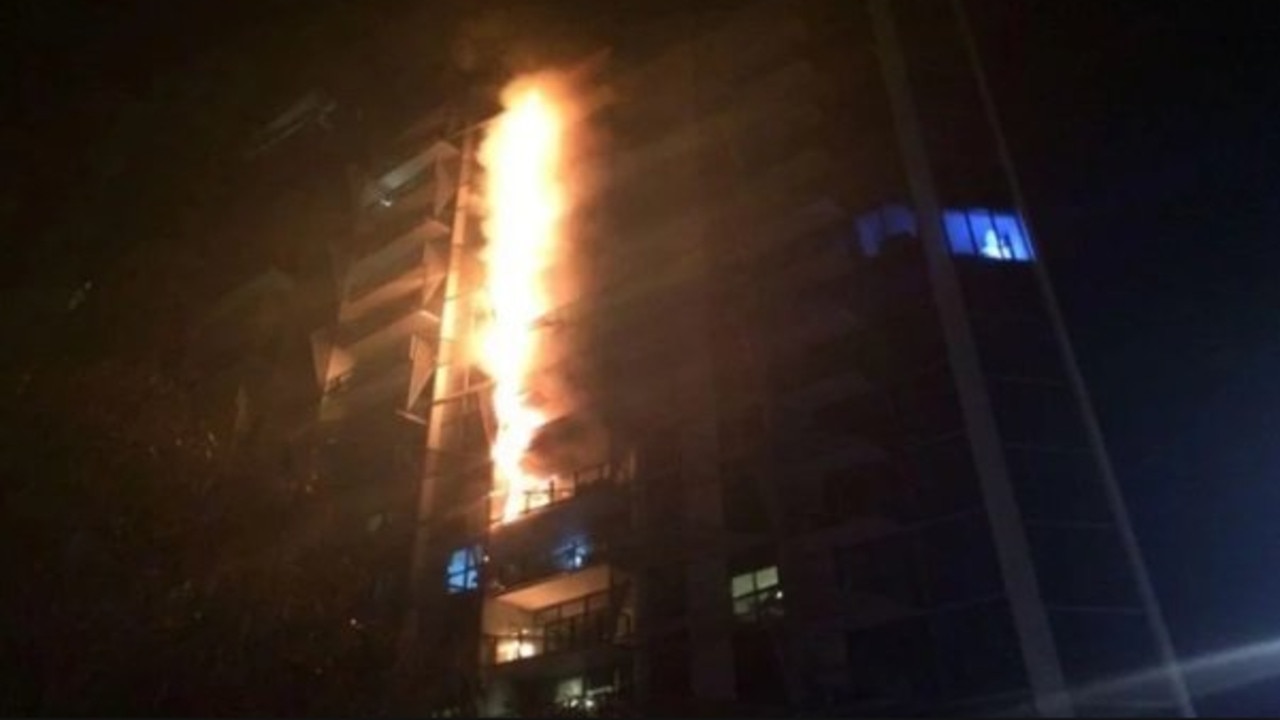Victorian housing crisis: Industry groups warn government’s plan to fix construction problems need legislative change
Building groups have warned the Vic government’s plans to fix the state’s construction watchdog needs more than a new name, with evidence that the proposed key fix will ‘struggle’.

Victoria’s construction industry have warned new Allan government plans to overhaul the state’s flawed building regulatory and insurance schemes have already “struggled” interstate.
Concerns have also been raised that efforts to address the regulators’ culture that has led to failures for consumers will fall short without legislative change.
The warnings come after Allan government announced plans to scrap and replace the Victorian Building Authority, after a damning review found it had failed significant numbers of Victorians building homes.
RELATED: ‘Too little, too late’: Crucial detail missing from Allan govt home plan
‘Reckless policy’: Vic govt stamp duty play a ‘trap’ for buyers
Jamie Durie rates Australia’s best decks
They will look to replace it with a combined, more powerful watchdog that also includes the currently separate Building and Plumbing Commission, and will be tasked with a crackdown on unregistered building and plumbing work.
The overarching regulator will also deal with building insurance and dispute resolution, effectively making it a one-stop shop.
One of the key changes will be to allow the watchdog to order works be remedied at a home after the residents move in. Currently it can only order fixes before the keys are handed over.
It will also be able to stop the sale of apartments with serious defects, and will require more in depth reporting before occupancy certificates are signed off.
Another key change is a new trigger for access to domestic building insurance: if a builder refuses to comply with a direction from the regulator to address a defect.
At present the only triggers to access the insurance are if the builder dies, disappears or becomes insolvent — which has seen it regarded as an insurer of last resort.
Australian Builders Collective president Phil Dwyer said the announcements were a “big step in the right direction” and the insurance scheme changes almost made it an insurance of “first resort”.

“It will force builders to lift their game as they won’t want to go down that path,” Mr Dwyer said.
Mr Dwyer has been fighting for changes to the state’s building insurance scheme as well as the strength of its regulatory watchdog for more than a decade, and has watched young Victorian families spend years and huge sums of money in court pursuing their builder after being failed by the state’s homebuilding insurance scheme.
He added that while a bond system for larger apartment complexes would also in theory lift the game of builders, he had concerns it wouldn’t work.
“I don’t like the idea of a bond,” he said.
A similar system in NSW has had issues, and would potentially still leave consumers short if there were major issues needing remedy.
Instead, he said the government should look at requiring building surveyors to provide a certificate of occupancy for every apartment in a building — not just an overarching single certificate for the entire tower.

“But something needs to change there,” he said.
However he noted that culture change at the VBA and regulators was more important than “changing the name” and this needed to be a priority.
Housing Industry Association Victorian executive director Keith Ryan said that without legislative change he held fears the regulator’s culture that had failed Victorian home builders would not change as significantly as the government hoped.
“Ultimately any regulator’s culture is set by the laws it has to administrate and if they are not fit for purpose, that will flow through to how the regulator behaves,” Mr Ryan said.
He noted that the proposed reforms were a promising start to dealing with building industry regulation and insurance frameworks that were “fragmented, outdated and overly complex”.
However he echoed the concerns about the bond system for apartment towers.
“The suitability of the introduction of a developer bond scheme for homes not covered by domestic building insurance is also questionable as a similar scheme introduced in New South Wales has struggled in its operation and effectiveness,” Mr Ryan said.
A bond might not be enough to cover major defects, such as an Opal tower-style crack in the building as had occurred in Sydney a few years ago, or replacing flammable cladding on a tower, which has plagued numerous Melbourne complexes.
He added that the powerful lobby group was concerned by the announcement of domestic building insurance moving towards a “first resort” system.
“This approach needs further detailed consideration to ensure that this does not just add more cost and complexity to the home building process,” Mr Ryan said.
“It also needs to be supported by a fair and fast dispute resolution system.”
At present, he said the Domestic Building Dispute Resolution Victoria was not achieving a “fast” result for many of those using it.
Metricon Homes chief executive Brad Duggan said initiatives to boost housing supply that would suit families who wanted a “backyard and room for their family to grow”, as opposed to having “Victorian families living in high rise apartment towers” was welcomed.

“At the same time, we strongly encourage the Victorian government to focus upon regulatory change that makes it easier for customers to be confident in building a home,” Mr Duggan said.
“Any steps that increase complexity and costs will undermine those other efforts to deliver affordable homes and we hope that this remains a key focus in how the new regulator is established and begins operations.”
He urged the government to keep families firmly in mind as they implemented changes after their announcements.
Premium home builder Fortier’s director Gabriel Yousif’s firm caps its work on new builds to eight homes at a time, while its scale meant it had only been audited a few times by the VBA over the years, he noted there were only two mandatory inspections between the framing stage and completion.

“There are hundreds of steps taken and countless tradespeople working on a project between these two stages, leaving a massive window for errors,” Mr Yousif said.
“Revising the current inspection process on newly built homes has been long overdue.”
However he said the VBA overhaul was a “positive step”, though more details were needed on how the replacement watchdog will operate.
“While many of us are doing the right thing, this move will shine a light on those cutting corners and giving Victorian builders a bad name,” Mr Yousif said.
“By tightening regulations, we will see a significant increase in the quality and accountability of new builds and, most importantly, instil confidence in those consumers wanting to build.”
He added that building confidence in off-the-plan home purchases was key to solving the housing shortage.
Sign up to the Herald Sun Weekly Real Estate Update. Click here to get the latest Victorian property market news delivered direct to your inbox.
MORE: Sad reality as Aus Bachelor cops another blow
$26bn and counting: what’s behind King Charles’ mind-blowing wealth
Rare three-home quirk of Blairgowrie treehouse compound
Originally published as Victorian housing crisis: Industry groups warn government’s plan to fix construction problems need legislative change



